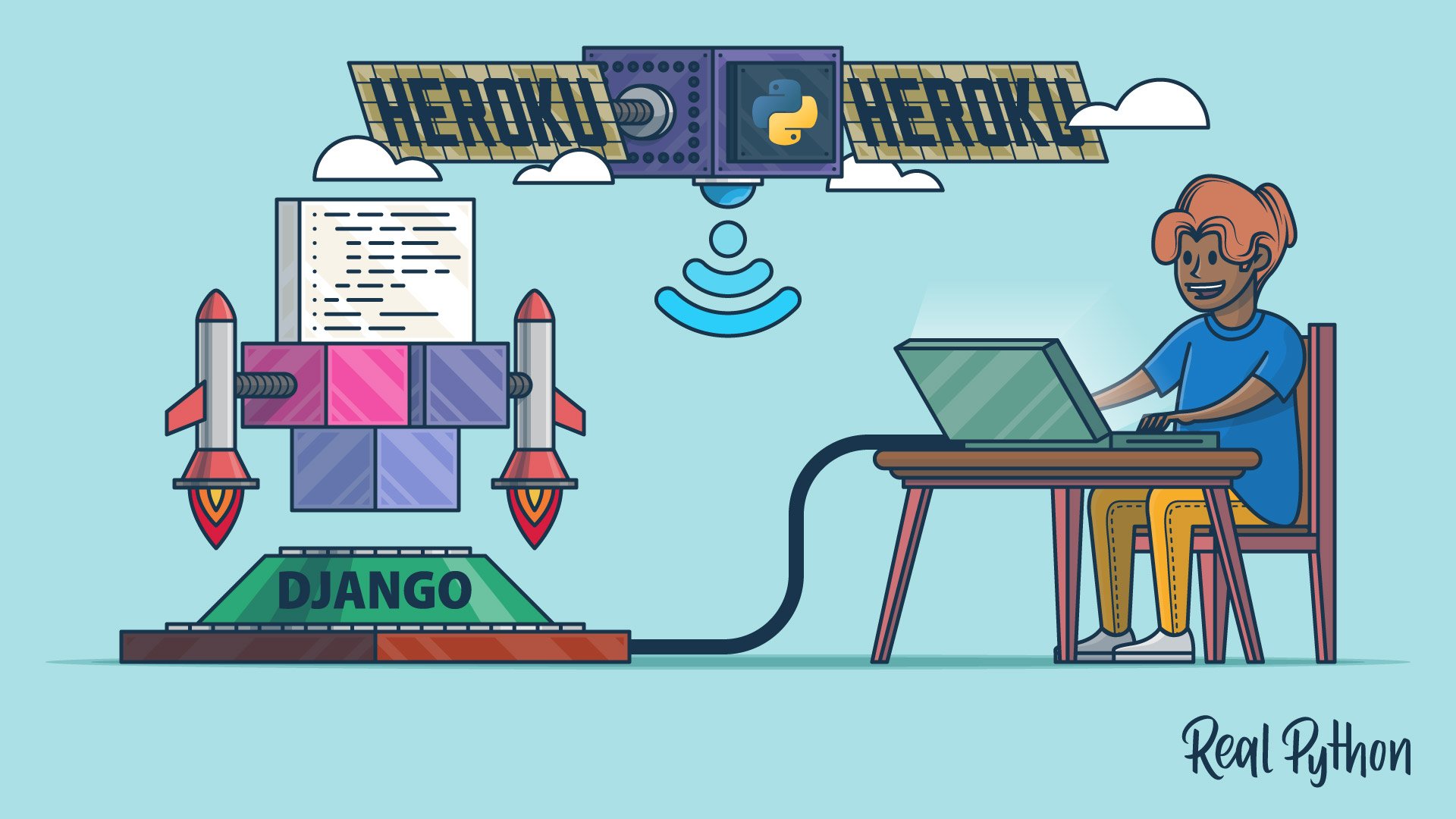As a novice web developer, you’ve built your portfolio app and shared your code on GitHub. Perhaps, you’re hoping to attract technical recruiters to land your first programming job. Many coding bootcamp graduates are likely doing the same thing. To differentiate yourself from the crowd and boost your chances of getting noticed, you can start hosting your Django project online.
For a hobby Django project, you’ll want a hosting service that’s free of charge, quick to set up, user-friendly, and well-integrated with your existing technology stack. While GitHub Pages is perfect for hosting static websites and websites with JavaScript, you’ll need a web server to run your Flask or Django project.
There are a few major cloud platform providers operating in different models, but you’re going to explore Heroku in this course. It ticks all the boxes—it’s free, quick to set up, user-friendly, and well-integrated with Django—and is the favorite cloud platform provider of many startups.
Note: Heroku no longer offers free plans, as they have phased out their free services. However, you can try Dokku, a free and open-source alternative to Heroku with a similar interface and concepts.
In this course, you’ll learn how to:
- Sign up for a free Heroku account
- Use the Heroku CLI (command-line interface)
- Bootstrap a minimal Django project
- Integrate Git with Heroku
- Connect to Heroku’s PostgreSQL database
- Manage configuration, make new releases and rollbacks
What’s Included:
- 14 Lessons
- Video Subtitles and Full Transcripts
- 1 Downloadable Resource
- Accompanying Text-Based Tutorial
- Q&A With Python Experts: Ask a Question
- Certificate of Completion
Downloadable Resources:







